A Van Gogh
A retired couple living in suburban Milwaukee in 1991, USA, had a painting hanging on the wall of their home which had been
in the family for about 30 years. When John Kuhn, a
commercial real estate agent and part-time art prospector visited the couple, he identified the painting as looking very much like a Van Gogh.
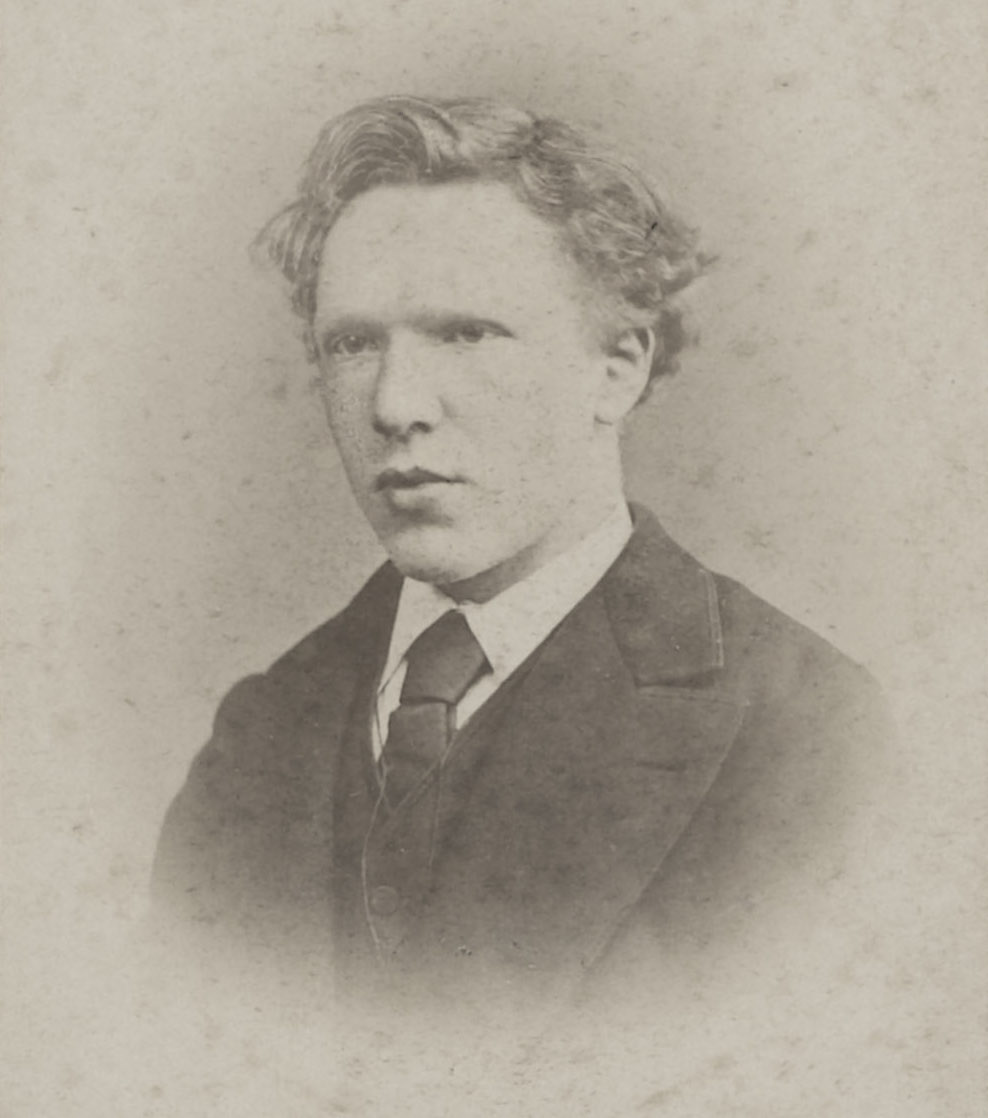 |
| Vincent van Gogh in 1873 |
The couple who had inherited the painting, from a relative who had emigrated from Switzerland after the start of World War II, merely laughed at Khun's suggestion. However, the painting was sent to Amsterdam to be examined and the Rijksmuseum confirmed the work as being an original Van Gogh and called the painting "Still Life With Flowers".
At auction, the artwork inspired lively bidding and sold for a record $1.43 million. This is pretty sad when you consider that Van Gogh only sold one painting during his life.
Gold Bars and Ingots
A man inherited a house from a relative in the town of Evreux in Normandy, France and discovered 100kg of gold coins, bars and ingots, which had been hidden about the house. Such as, under the laundry, in cupboards, under chairs, in glass jars, in fact, all over the place. The man sold the lot for $3.7 million, but he will have to pay a 45%
inheritance tax on the gold, and probably, three years of back taxes.
Anglo-Saxon Treasures
 |
| Hoard of Angl-Saxon rings |
A man and his son were digging a hole for a fence post at their home in Acomb, Yorkshire, when they
noticed something green almost covered by the dirt. Digging the article up, they soon found that they were holding a copper pot, which had turned green from the soil moisture. And inside that pot, was a collection of Anglo-Saxon jewellery, featuring gold filigree and precious stones like garnets, which were 1400 years old.
The man and his son soon found out that the Treasure Act 1996 stipulates that the finder must offer the item for sale to a museum, at a price set by an independent board of antiquities expert, known as the Treasure Valuation Committee. The
treasure was valued at under £3,000 ($3,800).
Mark Twain's Original Manuscript
In October 1990, Barbara Testa opened some steamer trucks which she had inherited in I961 from her grandfather, James Fraser Gluck, a Buffalo, New York, lawyer, who died in 1895. In one of the trunks she found the missing half of Mark Twain's "Huckleberry Finn" manuscript.
Gluck gave the 685-page
manuscript to the Buffalo and Erie County Public Library many years before, according to Testa and how he still had this manuscript in his possessions, when he died, is a mystery.
1938 Superman Comic in Wall of his new Home
A guy named David Gonzalez bought an abandoned house in Elbow Lake, Minnesota, which he planned to fix-up and sell. However, he made a bigger profit than he imagined, after he found a copy of Action Comics Number One, from 1938, featuring the first appearance of Superman, in the walls of his home. In 2013, the comic book sold for
$175000.



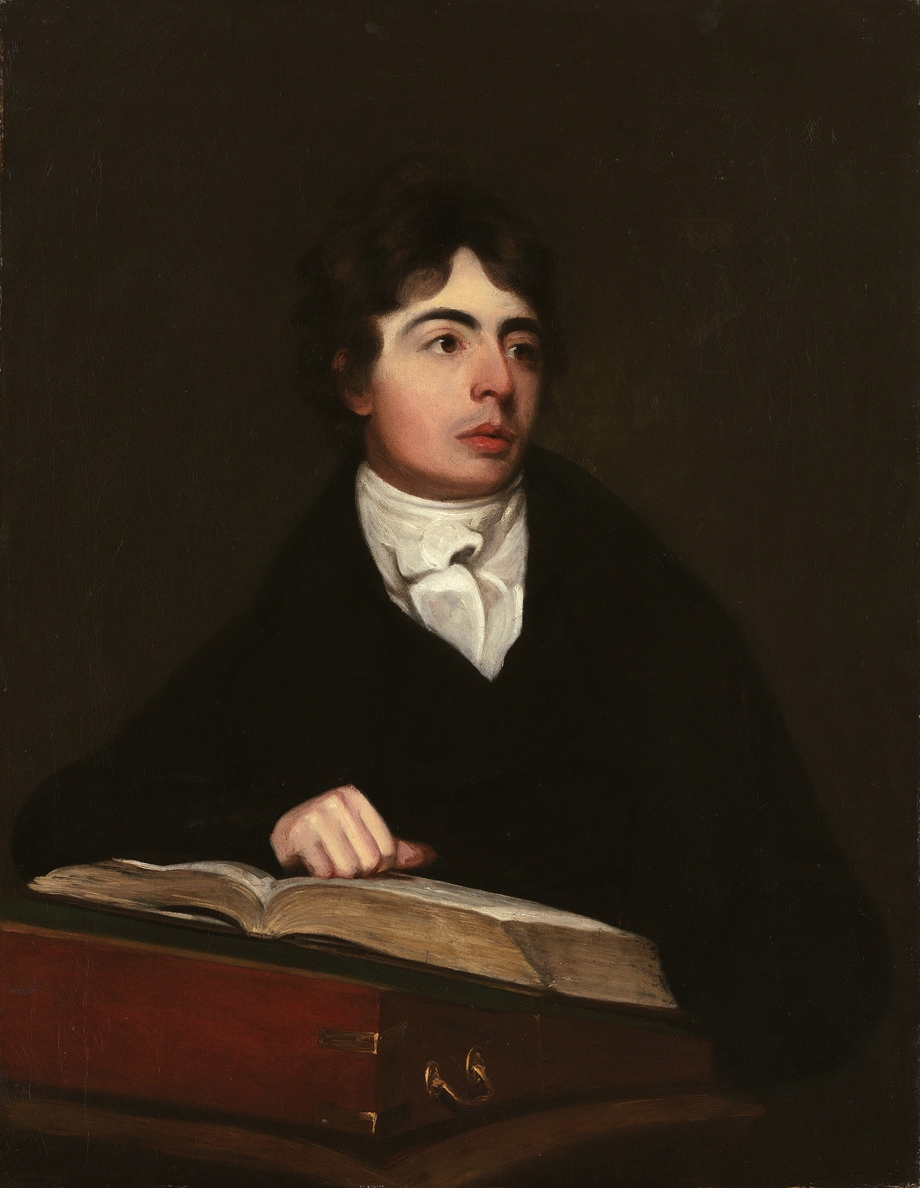
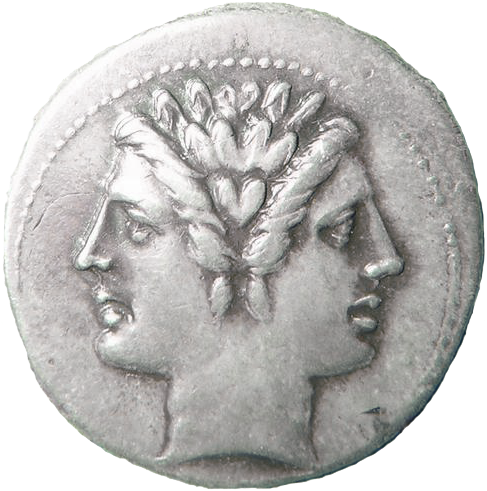





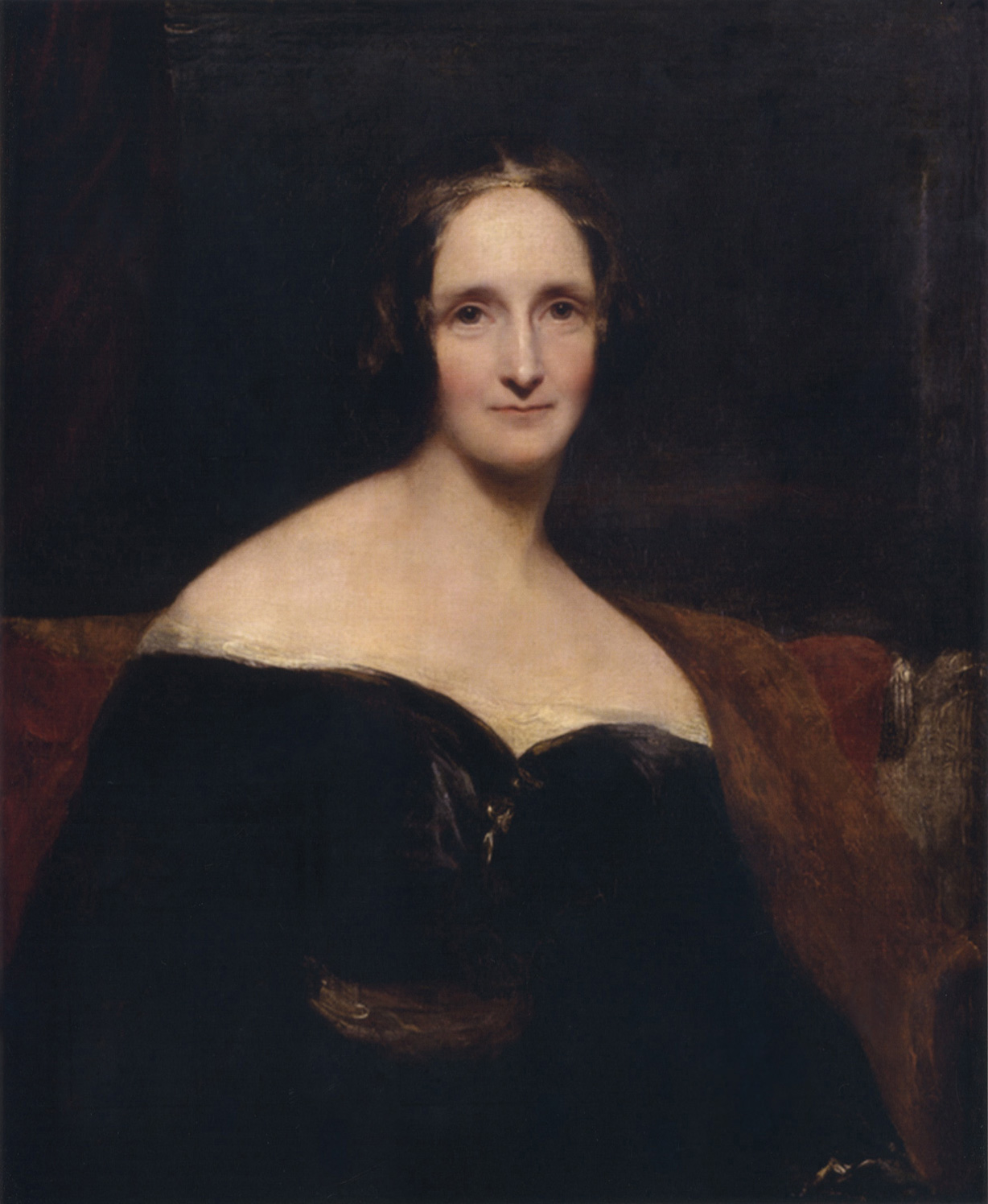
.jpg)
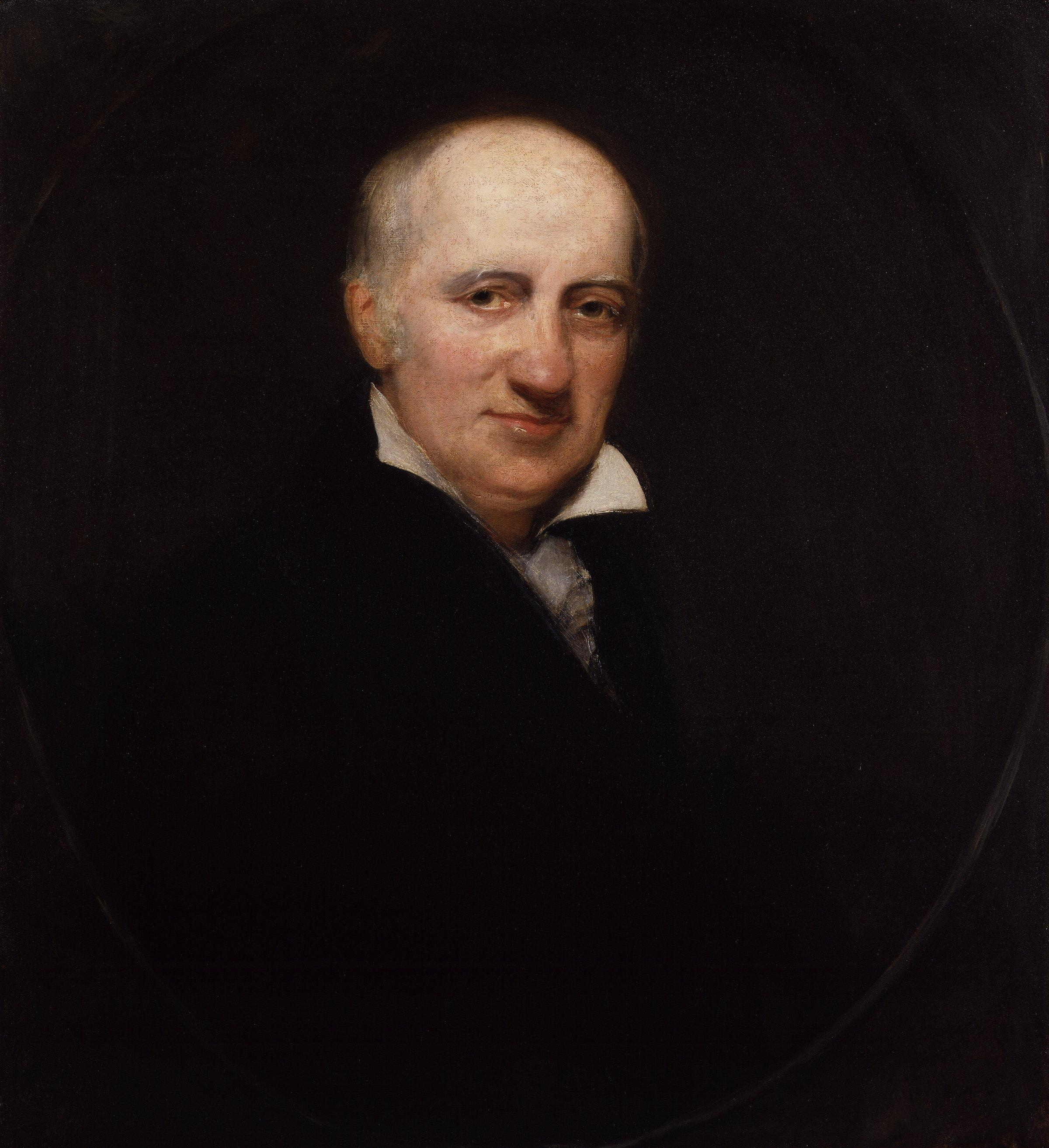







%2C_by_Jean-%C3%89tienne_Liotard.jpg)
